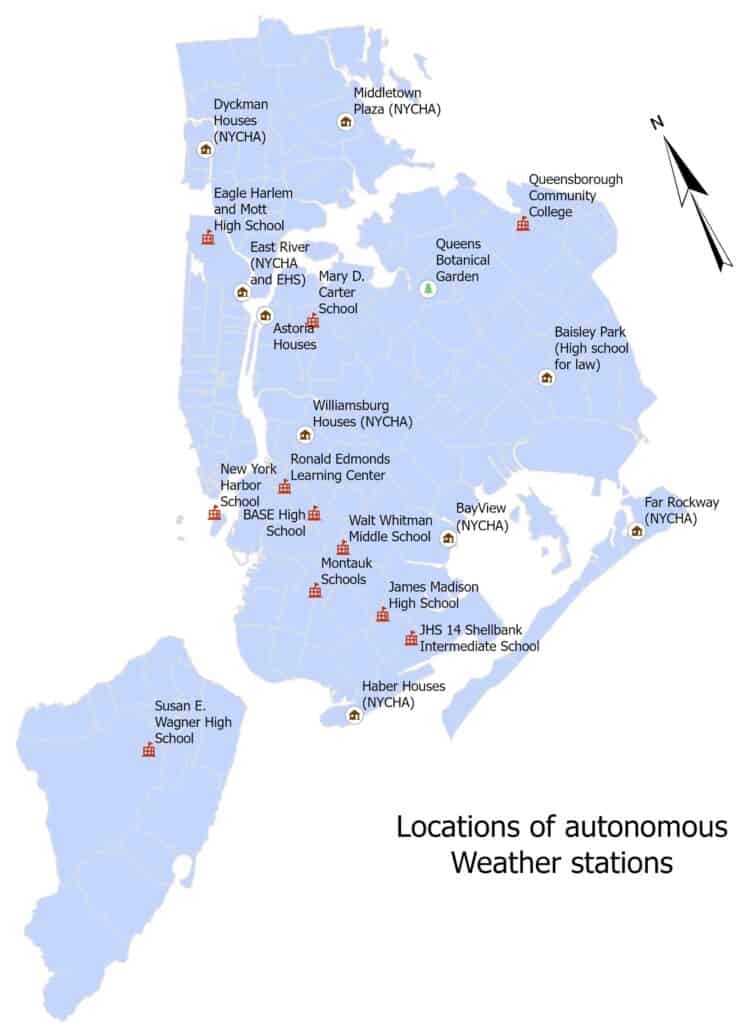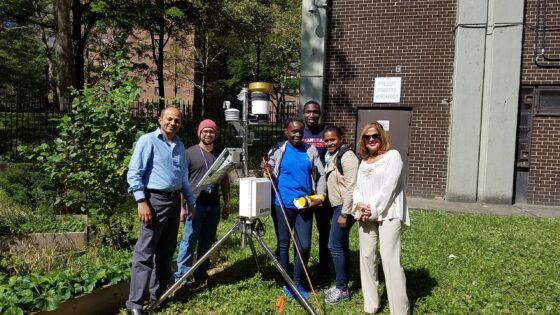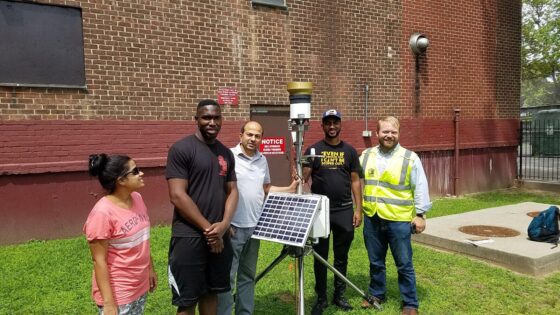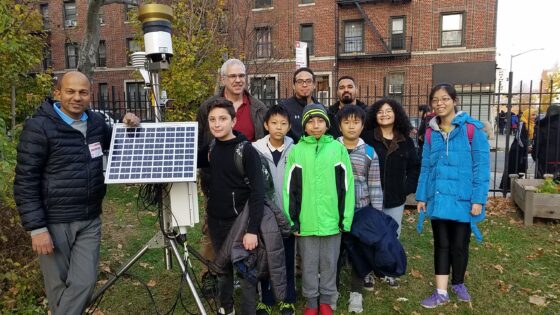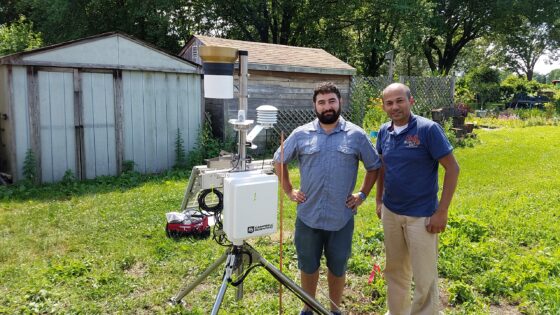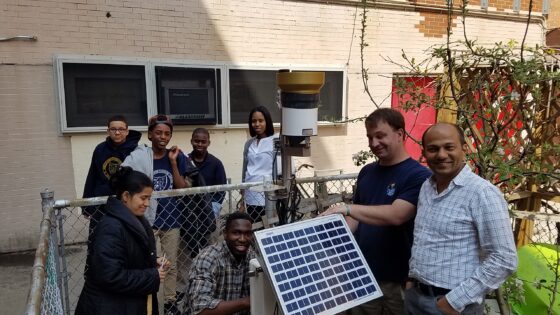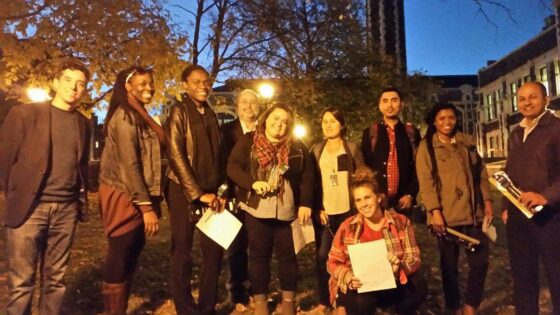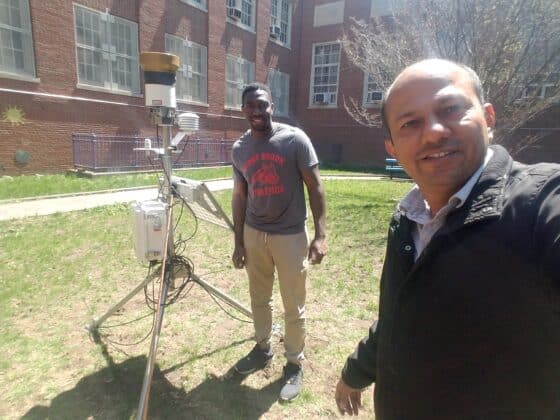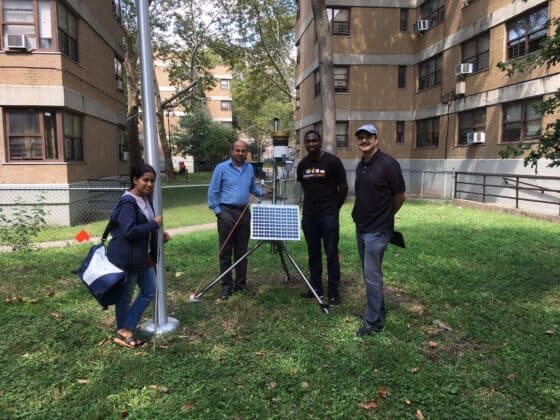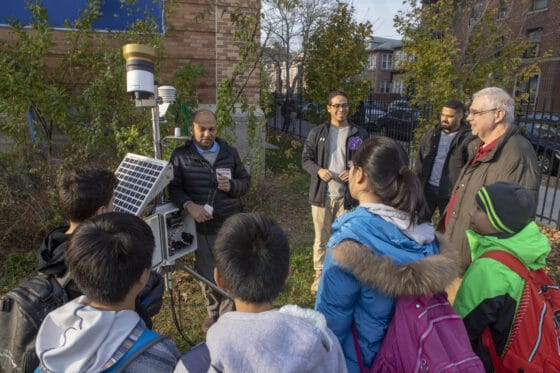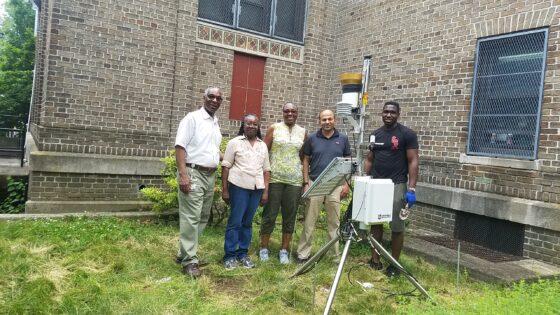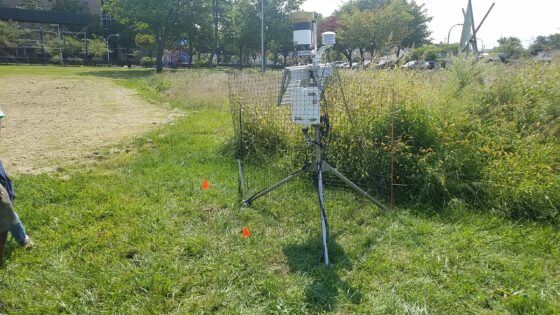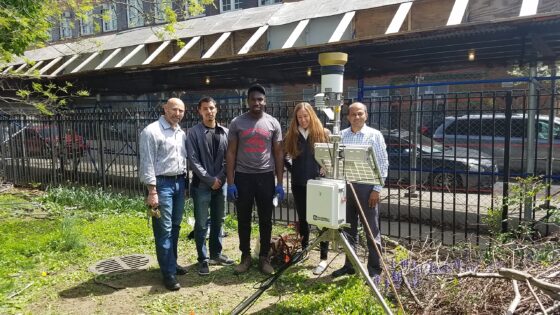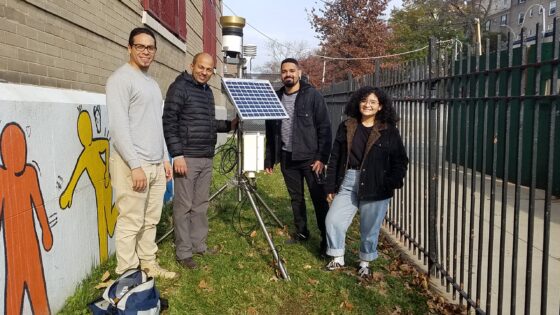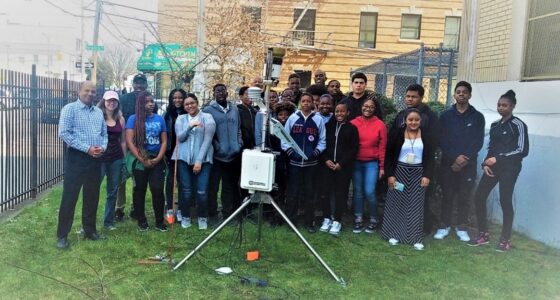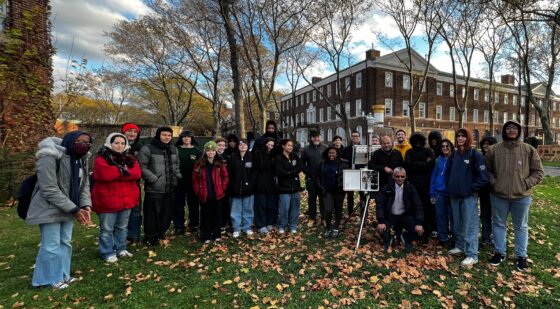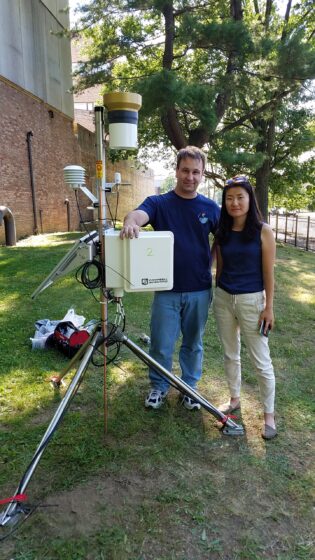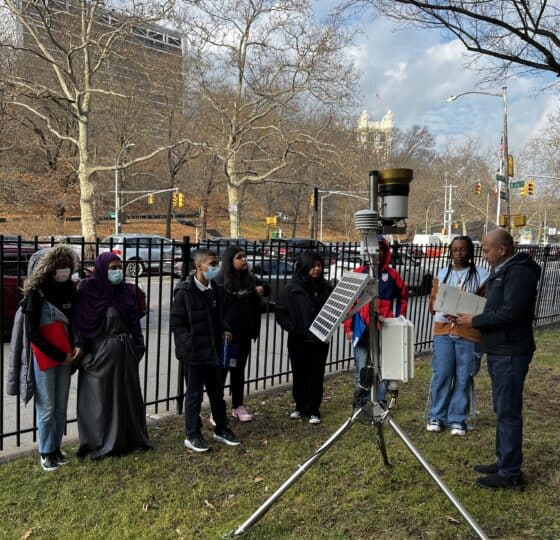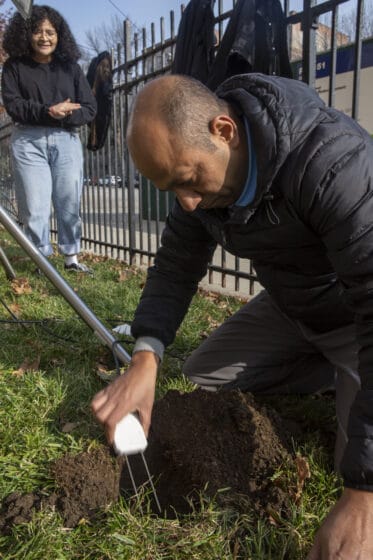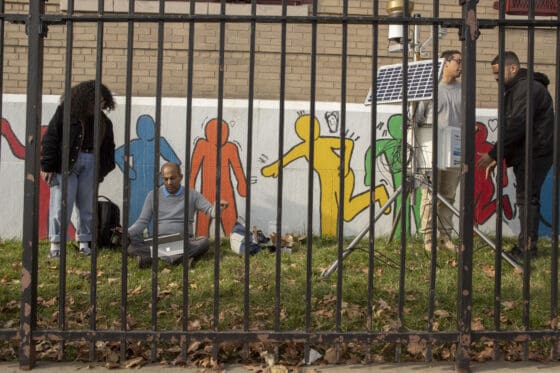Urban Climate and Social Vulnerability
Tracking micro-climate variables accurately within cities is key to enhancing urban resilience against climate change. It’s important to understand a city’s internal characteristics to improve living standards. Therefore, urban meteorological networks with automated data gathering are crucial for advanced urban climate monitoring and analysis.
The NY-uHMT autonomous weather stations in New York City offer comprehensive, real-time weather data, crucial for weather, water, and climate research. These stations record air temperature, humidity, precipitation, and soil moisture every 15 minutes, providing valuable insights for various uses.
This initiative aims to deliver precise weather data for research and foster a robust citizen science network and community involvement in the city. The stations are situated in public schools, colleges, a library, a botanical garden, and several NYCHA properties, enabling K12 students and teachers to link classroom learning to real environmental issues. This engagement is vital as the K12 curriculum often lacks inquiry-based and technology-focused lessons.
The data from these stations are accessible to the public, agencies, and researchers via the CUNY CREST Institute’s open-access servers. They help validate NOAA satellite data and develop an advanced urban Flash Flood Guidance and Hazard Warning system. This information aids city officials and emergency managers in making informed decisions during extreme weather events. Essentially, the NY-uHMT project acts as NYC’s environmental laboratory, encouraging community participation and supplying essential information for research and decision-making.
The NY-uHMT’s main research goals include developing high-resolution mapping of ground and atmospheric conditions to predict severe weather events, enhancing the precision and response time for flash flood forecasts and warnings in NYC, creating urban-scale flash flood and hazard alerts for various decision-makers, and establishing cooperative educational outreach models with federal, municipal, and private partners for NYC schools, in line with the ongoing weather system research at CUNY-CREST Institute.

